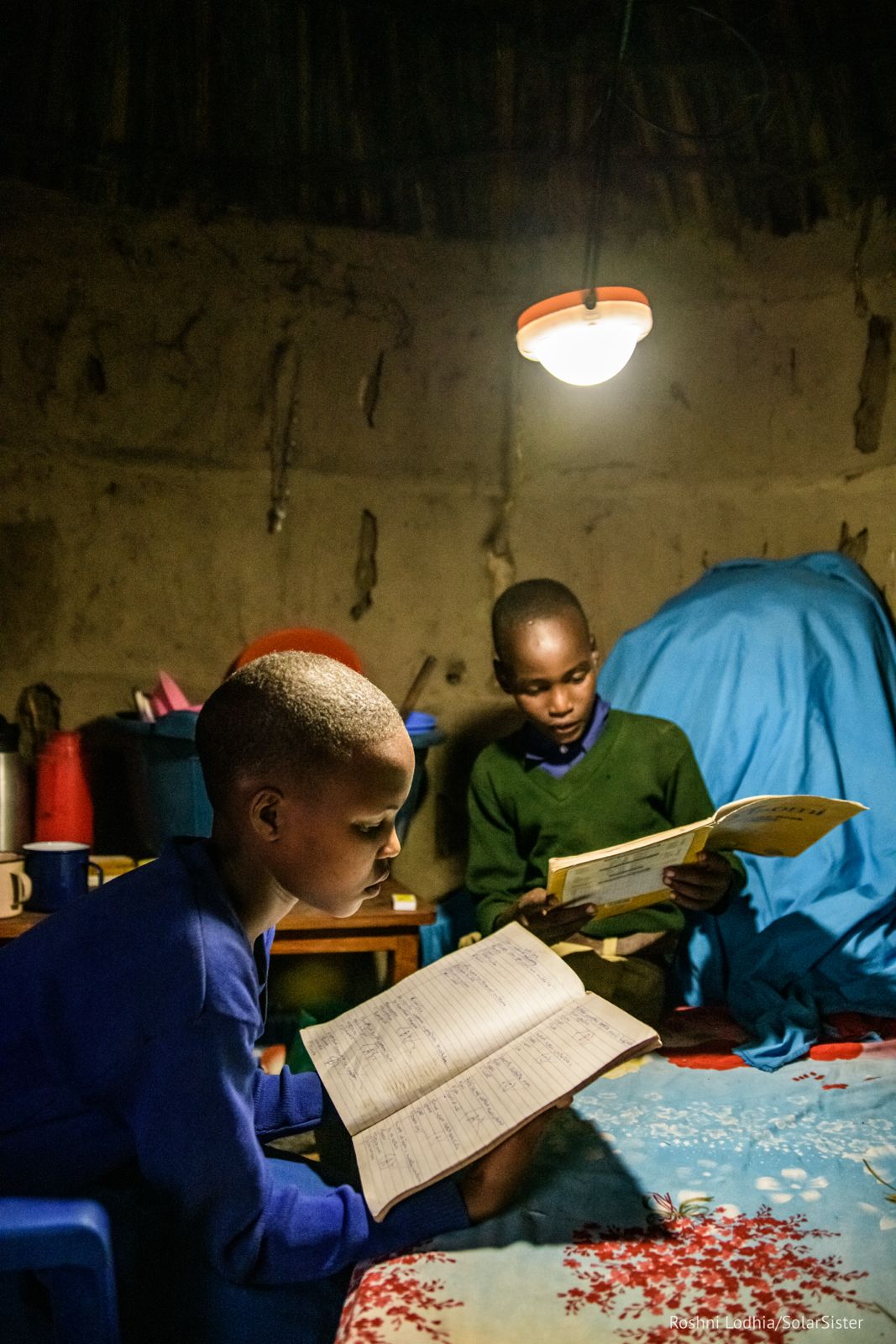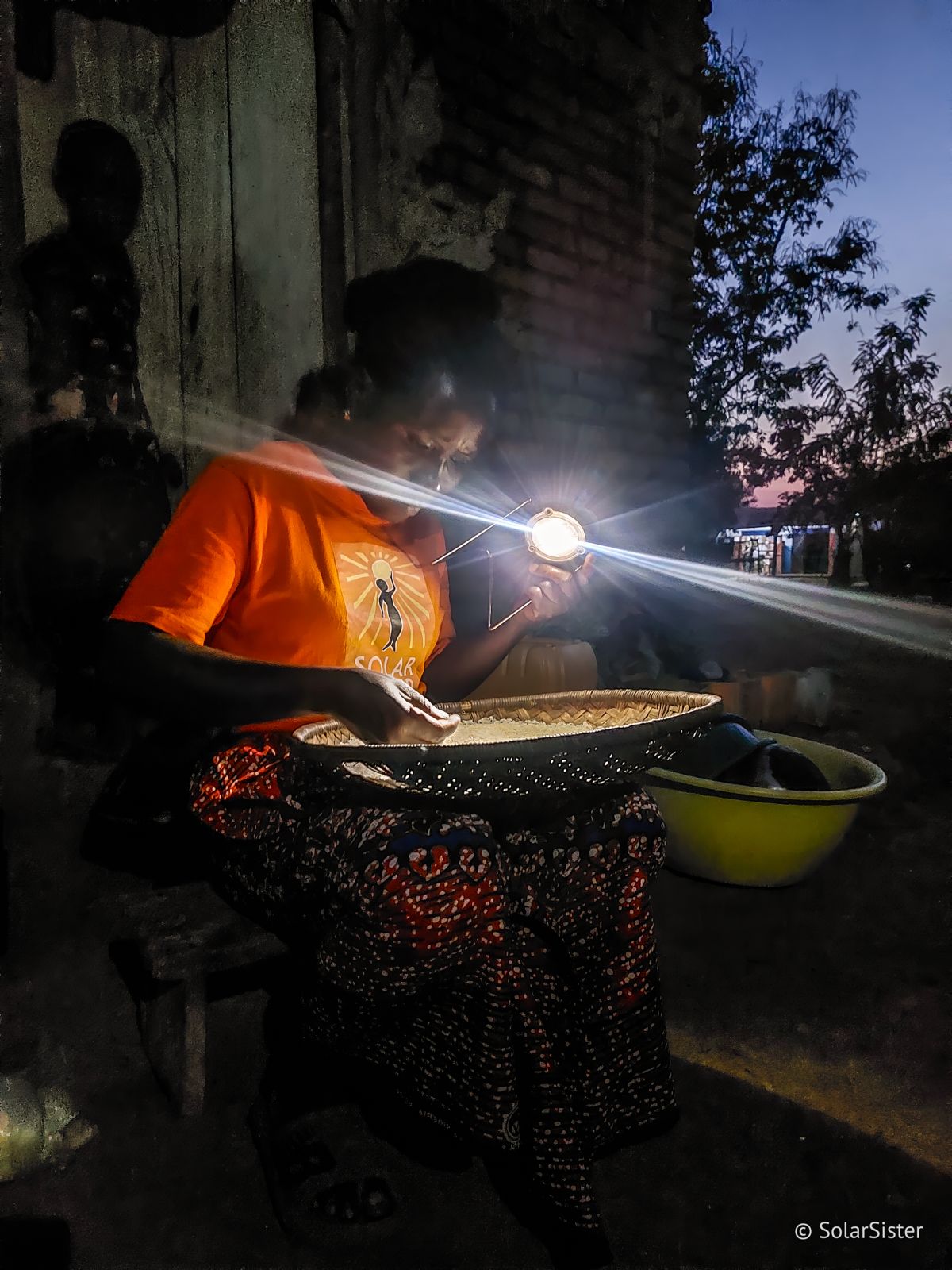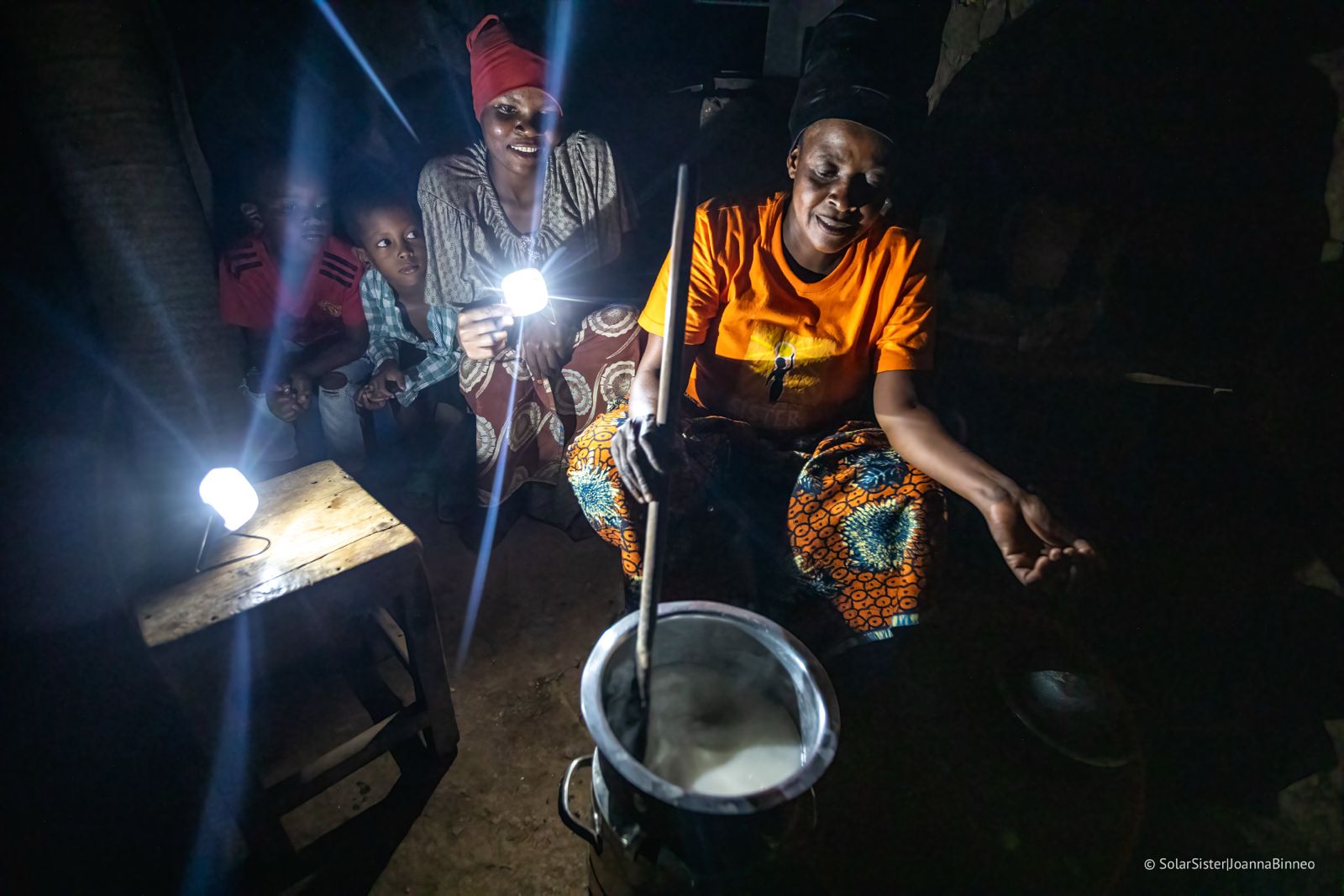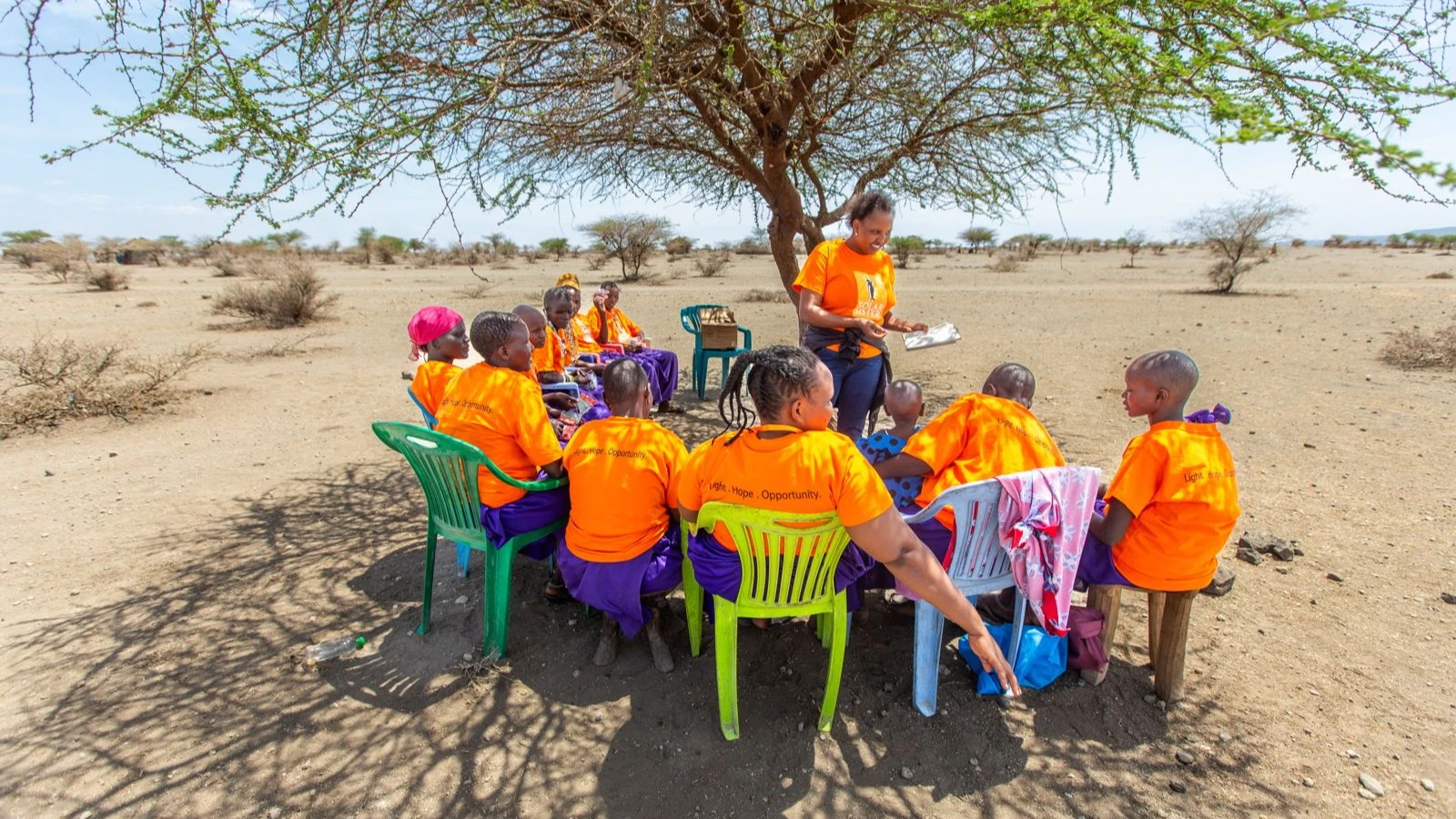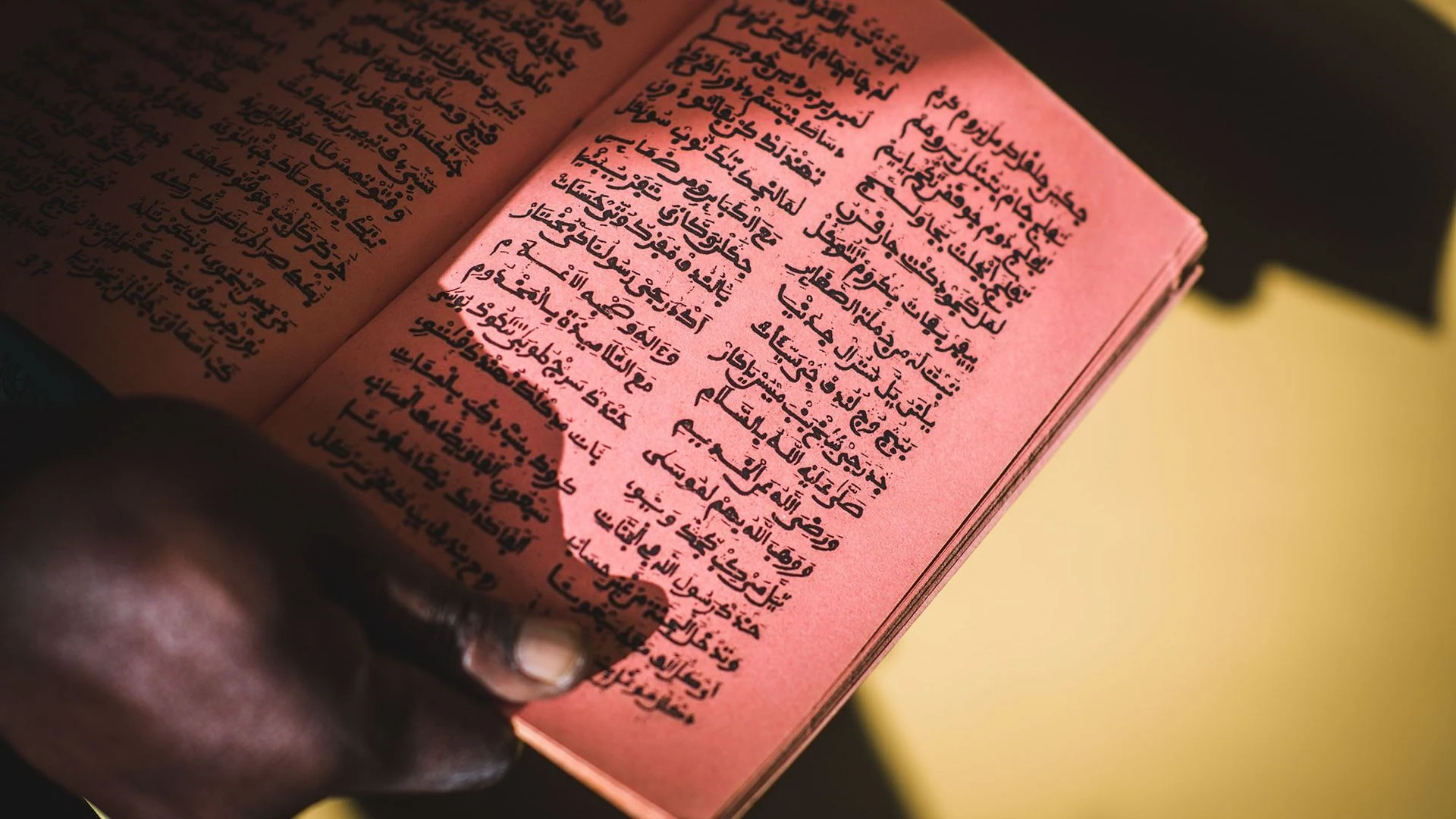Solar Sister, Puma Energy Foundation partnership empowers female entrepreneurs in Tanzania

In sub-Saharan Africa, more than 940 million people still lack access to electricity, and over 700 million rely on hazardous fuels such as firewood and charcoal for cooking. In Tanzania, more than half of the population, around 36 million people, live without access to electricity. Many rural communities are forced to rely on harmful energy sources like kerosene and wood for lighting and cooking, which adversely impacts multiple aspects of their lives. Women are especially affected as they spend many hours collecting fuel and inhaling toxic fumes when it is burned. They also often lack a stable source of income.
To address this challenge, Puma Energy Foundation partnered with Solar Sister, an organization that empowers women in sub-Saharan Africa to build businesses selling solar lamps and other clean energy products in their communities.
Since 2010, through their award-winning model, Solar Sister has formed a network of over 12,000 Solar Sister Entrepreneurs, serving more than 5.5 million people across sub-Saharan Africa. Solar Sister offers training in subjects such as marketing, bookkeeping, and business planning, along with coaching and access to credit. It also vets the solar energy products to ensure they are durable and of good quality. In Tanzania, the initiative has positively impacted over 2.3 million people since its inception in 2013.
The Puma Energy Foundation’s partnership with Solar Sister, which began in 2023, initially focused on its Business Booster Programme, which provided training and support to 579 women entrepreneurs in Tanzania. Digital literacy training and access to technology, such as smartphones, have provided additional tools to help them boost sales, increase their income, and give more off-grid households access to clean energy.
In the second phase of the partnership, starting in 2025, Solar Sister aims to recruit and train an additional 500 women entrepreneurs in three new regions of Tanzania, provide 200 women with digital business skills, and enable them to sell 16,000 solar products, including 2,000 clean cookstoves.
“The goal is not just to sell energy products,” said Cesear Mloka, Solar Sister Tanzania’s Country Director. “It’s to empower women with confidence, financial independence, and a respected voice in their households and communities.”
For years, Neema Ally worked as a farm labourer in Songwe, southern Tanzania, earning barely enough to cover her family’s daily needs. She dreamed of farming her own land one day, but lacked the resources to break free from a cycle of poverty.
Her turning point came when she joined Solar Sister. Through training and mentorship, she began her journey as an energy entrepreneur. With the profits from her solar business, Neema
was able to rent five acres of land and grow maize. Today, she no longer works for others; she manages her own farm, provides employment for others in her community, and ensures her children attend school.
Neema’s story shows how access to energy and entrepreneurship can unlock pathways to dignity, economic independence, and community development.
In northern Tanzania, Theresia John Robert once lived in a rented house, breaking rocks by hand to earn an income. The work was grueling, and her dreams for a better life seemed far away.
In 2017, she joined Solar Sister and began selling solar lanterns and clean cookstoves. Initially, she was shy and intimidated by the prospect of approaching strangers. But over time, she gained confidence, biking to distant villages and sometimes selling out all her products in a single day. With her earnings, Theresia built her own home, something she once thought was impossible.
Her story highlights the resilience and determination of women entrepreneurs who, with the right tools, are not just surviving but thriving.
Through its renewed partnership with the Puma Energy Foundation, Solar Sister aims to reach 85,000 people in Tanzania with renewable and low-carbon energy products, thereby reducing carbon emissions, improving household health, and enhancing climate resilience. But the impact goes beyond the products themselves. By placing women at the centre of the solution, the partnership nurtures entrepreneurship, builds financial independence, and strengthens women’s leadership in rural communities.
“We aim to improve livelihoods and make a meaningful difference in people’s lives,” says Laura Fruehwald, Programme Manager at Puma Energy Foundation. “Through this partnership, energy is not only a tool for daily living, but also a catalyst for empowerment and long-term development.”
In Tanzania, Puma Energy complements the Foundation’s efforts by ensuring the availability of affordable and high-quality LPG products and services. This alignment strengthens the clean cooking agenda by providing households with safe and accessible alternatives to hazardous fuels, thereby further reducing health risks and environmental impact. By combining the Foundation’s empowerment of women entrepreneurs with Puma Energy Tanzania’s commitment to reliable LPG solutions, the partnership creates a holistic pathway toward sustainable energy access and improved livelihoods.
By empowering women entrepreneurs, this collaboration works to create lasting change by providing access to clean energy, boosting rural economies, and building healthier and more resilient communities in Tanzania.
Top Headlines
© 2025 IPPMEDIA.COM. ALL RIGHTS RESERVED



